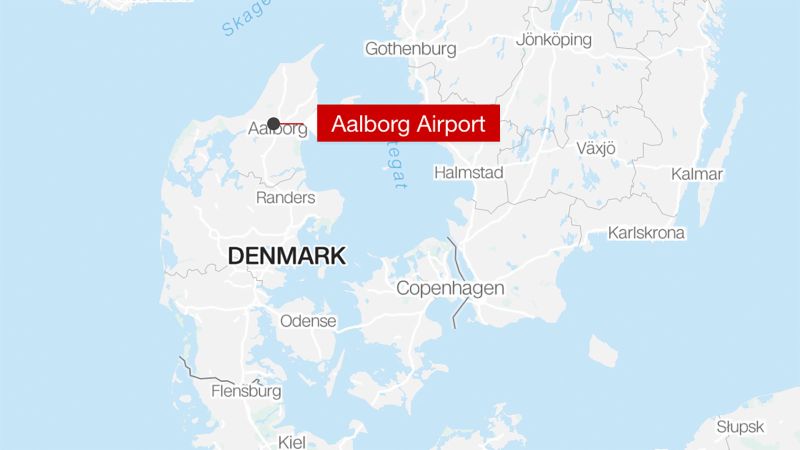Denmark on High Alert: Aalborg Airport Shuts Down Again Amid Escalating Drone Incidents
Denmark on High Alert: Aalborg Airport Shuts Down Again Amid Escalating Drone Incidents

Aalborg Airport in northern Denmark was forced to close early Thursday morning due to unauthorized drone activity in its airspace. This marks the second drone-related shutdown of a Danish airport this week, as Europe faces a surge in cyberattacks and suspected Russian airspace violations.
Police reported that “more than one drone” was sighted near the airport, which also serves as an active military base, from Wednesday night until just before 1 a.m. Thursday. While the drones have since left the area, authorities have launched an investigation into the incident, with Denmark’s National Police Commissioner Thorkild Fogde confirming several theories are being explored regarding who is behind the disruption.
This latest event follows a significant incident two days prior, on Tuesday, September 23, 2025, when multiple large drones brought all takeoffs and landings at Copenhagen Airport to a halt for nearly four hours. Danish Prime Minister Mette Frederiksen described the Copenhagen incident as a “serious attack on Danish critical infrastructure” and has openly suggested Russia could be involved, linking it to similar drone incidents in Poland and Romania. Kremlin spokesperson Dmitry Peskov has denied these accusations as “unfounded.”
The pattern of unauthorized drone overflights violating airport security and airspace has raised alarm bells across Europe. This week also saw Oslo Airport in Norway close for three hours due to a drone sighting. These incidents occur against a backdrop of heightened tensions, including recent Russian breaches of NATO airspace and a major cyberattack that disrupted operations at several European airports over the weekend.
European leaders, including European Commission President Ursula von der Leyen, have emphasized the growing threat to critical infrastructure and pledged a strong, determined response to what she described as a “pattern of persistent contestation at our borders.”
Disclaimer: This content is aggregated from public sources online. Please verify information independently. If you believe your rights have been infringed, contact us for removal.